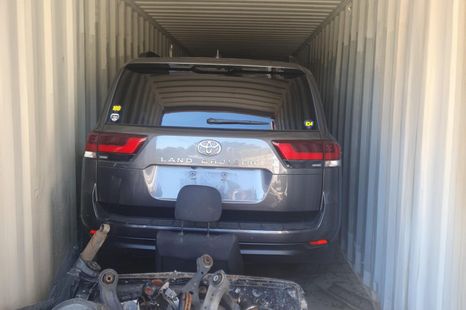

Damion Smy
Toyota says it has "no update" as it works to combat HiLux, LandCruiser thefts
11 Hours Ago
A parliamentary committee is seeking submissions for an inquiry into how Australia can support the increasing popularity of EVs.

News Editor
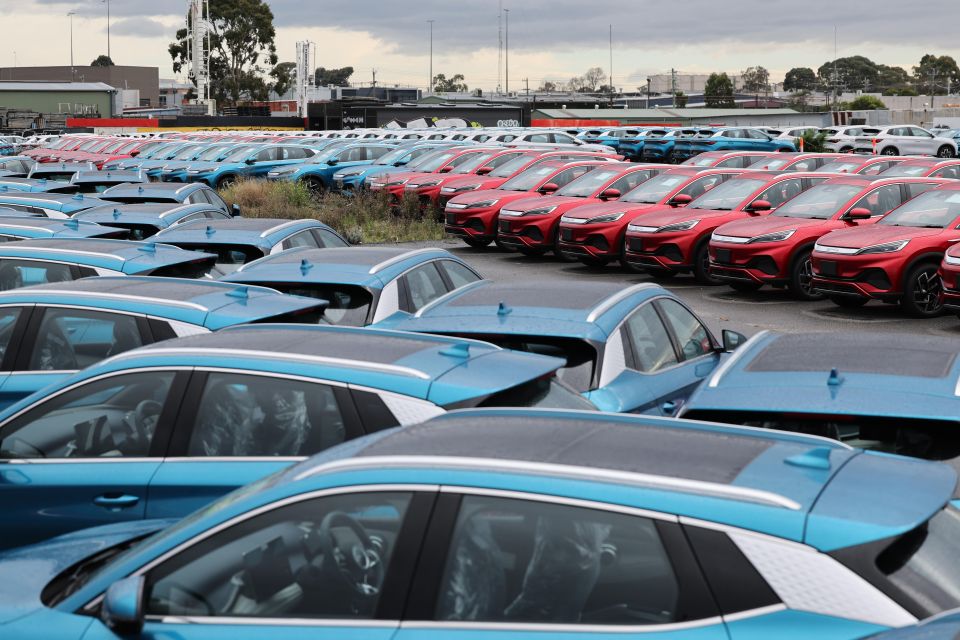

News Editor
A parliamentary committee is looking into electric vehicles (EVs) in Australia, including their impacts on the environment, the power grid and the potential for battery manufacturing in our country.
The House of Representatives Standing Committee on Climate Change, Energy, Environment and Water has commenced its inquiry, and is seeking written submissions by March 22, 2024.
After this, it will conduct public hearings and briefings, before a report is drafted and later presented to Parliament. The Australian Government will in turn publish a formal written response.
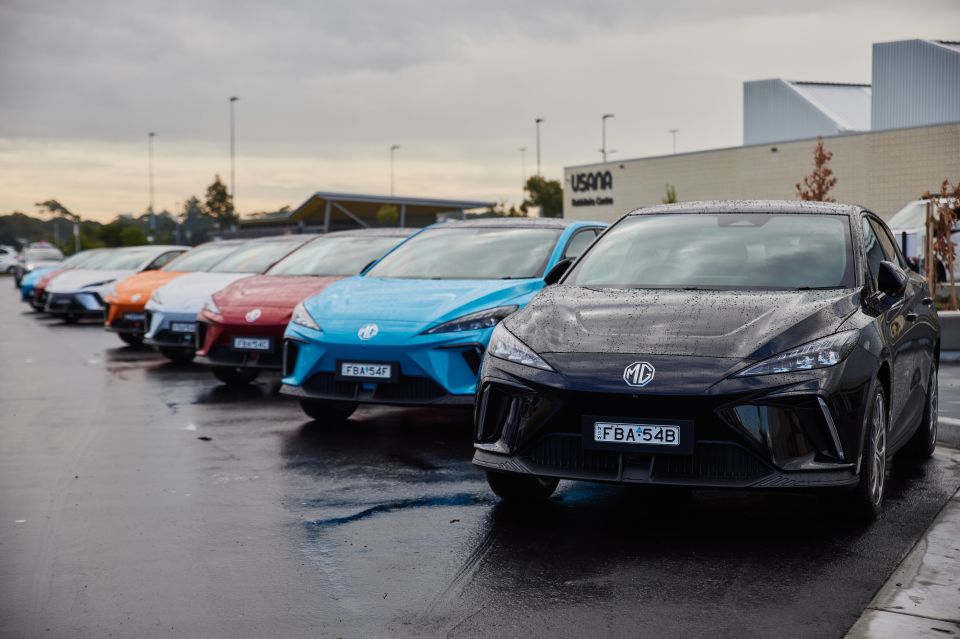
“The inquiry will consider the necessary resources, systems and infrastructure for this transition and the impacts of moving away from traditional vehicles,” said committee chair Tony Zappia MP.
“The Committee will also explore opportunities such as fuel savings and affordability for residents in outer regions to make this shift beneficial for everyone.
“Our focus will also be on the future of EV battery manufacturing, and we will consider challenges on electricity consumption and demand and our limited EV supply compared to other countries.”
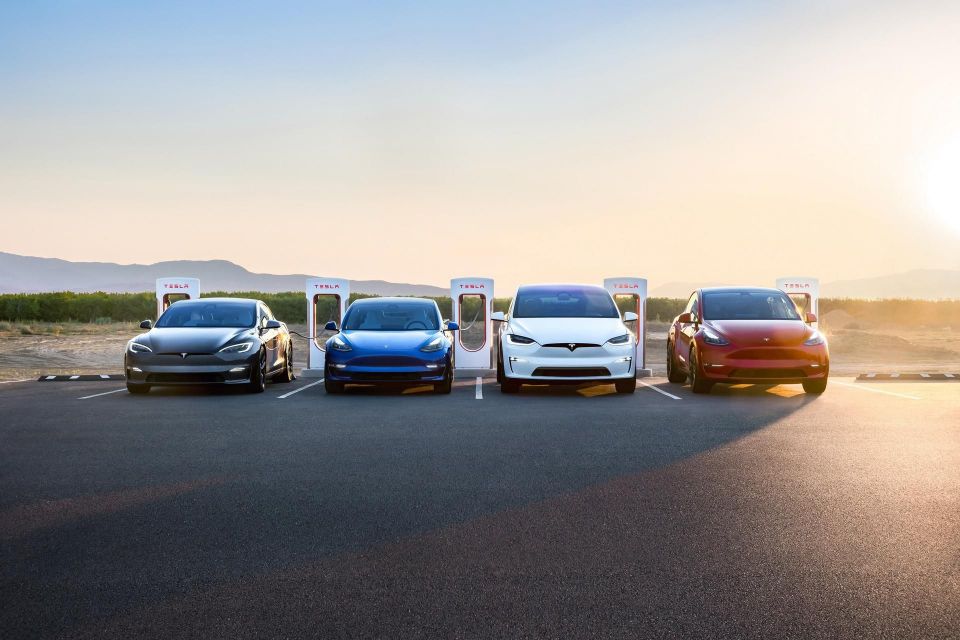
Specifically, the committee says it aims to examine the following:
EV sales continue to grow in Australia. A total of 87,217 EVs were sold in Australia in 2023, up 161.1 per cent from the year before.
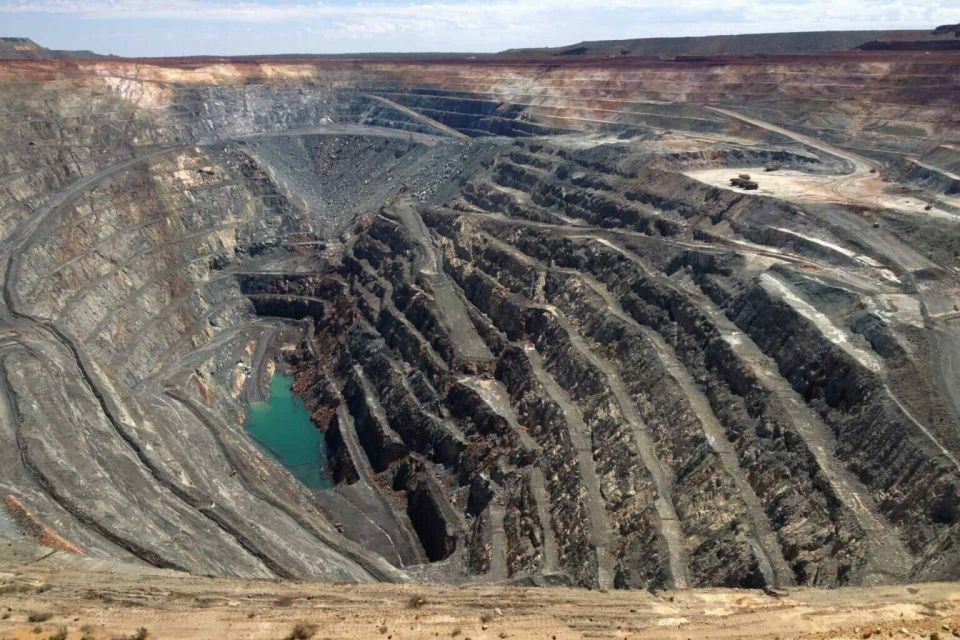
They accounted for 7.2 per cent of all new vehicles sold in 2023, despite no Federal Government rebates and a declining number of state-based ones. The government does, however, offer Fringe Benefits Tax (FBT) exemptions on certain EVs.
While Australia mines many of the key elements required for battery production, including lithium, there’s no widescale battery manufacturing industry – something Prime Minister Anthony Albanese has called for.
He has previously called for a National Battery Strategy, with the aim of having Australian-made batteries powering houses, businesses and potentially even cars.
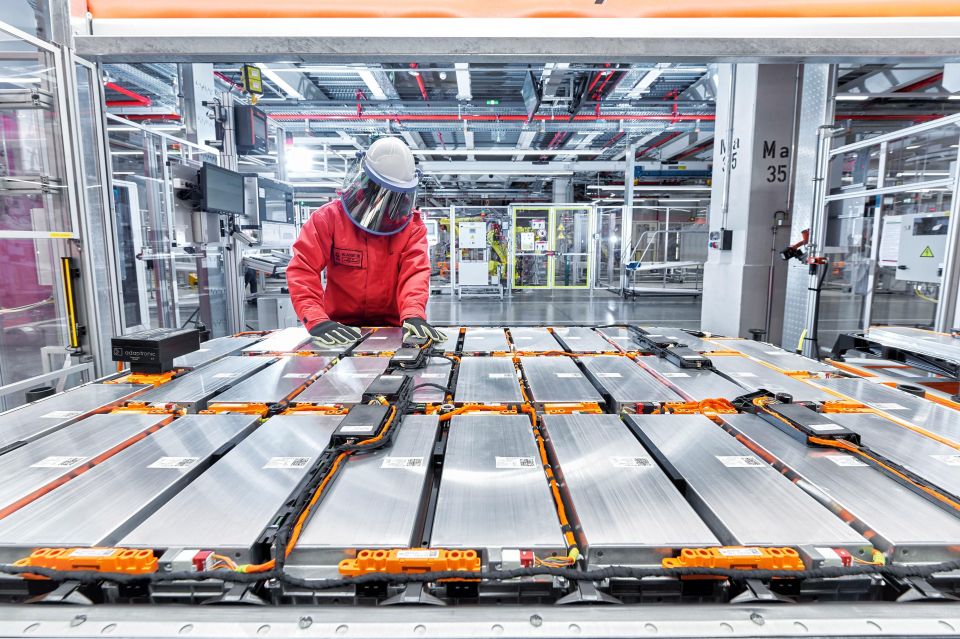
Our nation is the largest exporter of lithium in the world, supplying around 60 per cent of the world’s lithium in the form of a mineral concentrate called spodumene. Most of our reserves located in Western Australia.
The Australian Government said in 2022 it expects lithium exports to more than double over the next five years, and we currently export the material to countries such as South Korea, Germany, Norway, Spain and the United States.
The committee’s goal of also looking at fuel excise loss follows the High Court of Australia rejecting state-based road user charges for EVs as being unconstitutional.
William Stopford is an automotive journalist with a passion for mainstream cars, automotive history and overseas auto markets.


Damion Smy
11 Hours Ago
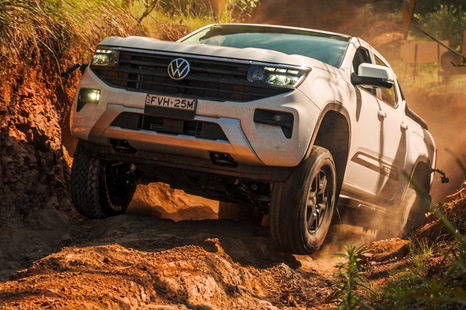

CarExpert
11 Hours Ago
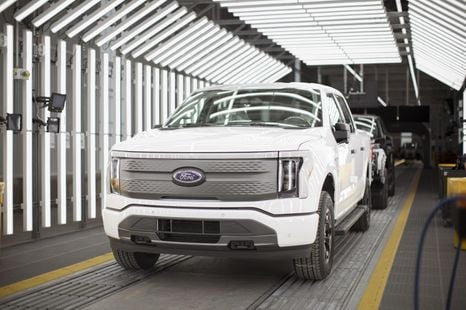

Alborz Fallah
12 Hours Ago
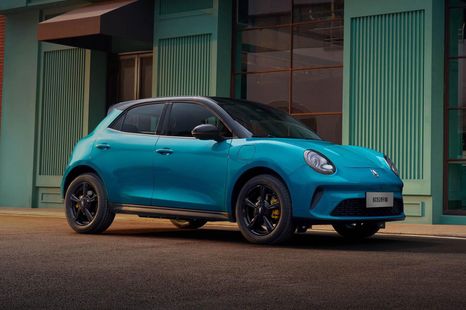

Derek Fung
14 Hours Ago
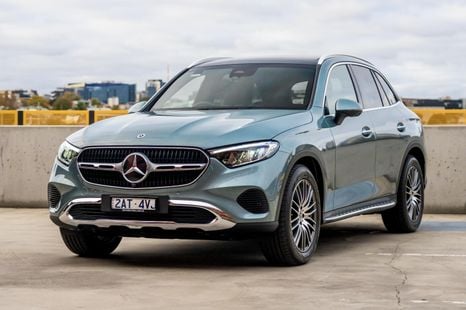

Max Davies
20 Hours Ago
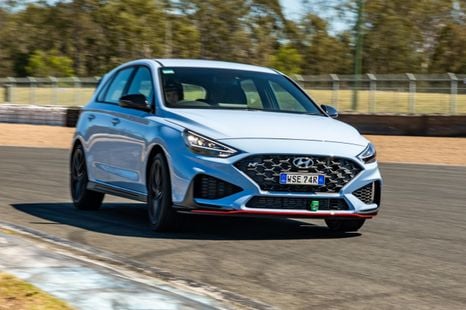

James Wong
1 Day Ago
Add CarExpert as a Preferred Source on Google so your search results prioritise writing by actual experts, not AI.